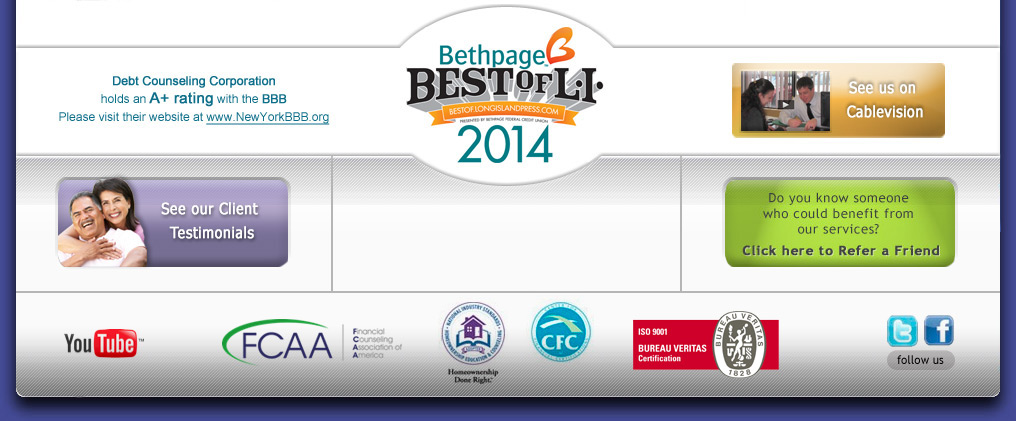Collection Agencies: How To Handle Them
Another important thing to know is that there is a legal time limit that bars the enforcement of certain debt through the court system. This essentially means that debts expire. This time limit is referred to as the Statute of Limitations (SoL) and varies from state to state.
Please Note: There is no Statute of Limitations on:
- Federal student loans
- Past due child support
- Most types of fines
- Taxes-under most circumstances
Generally, unsecured debt expires 3-6 years after the last missed payment. Written contracts like car loans generally expire after 6 years and judgments can last up to 20 years with a renewal required at a certain point. Be sure to contact your state’s Attorney General’s Office to find out the Statute of Limitations for your particular state.
Please be advised that while the Statute of Limitations is running or even after it has expired, making any payment or signing a promissory note may restart the Statute of Limitations (depending on your state law). For example, if you decide to make a payment 5 years after your last missed payment in a state that has a Statute of Limitations of 6 years, the SoL can reset or start all over again even though you only had 1 year left before the debt expired.
When your Statute of Limitations has expired and you cannot pay the debt, you should send the collector an "Expired Statute of Limitations Letter" to inform them of your inability to pay and that you are aware of the expired Statute of Limitations and will use this as your defense if you are taken to court. (See attached sample letter).
If you are able to pay a portion of the debt and can strike a deal with the collector, perhaps suggesting payment of 2% of your balance each month, avoid sending personal or post-dated checks to the debt collector and don’t agree to automatic electronic payments from your checking or savings account. The best way to send a payment is by certified bank check or money order. Also, send a letter to the debt collector outlining the payment agreement. (See attached sample letters). Make sure you send this letter and any other letters via certified mail, return receipt requested so you have proof that the letter was delivered. Keep copies of everything for your records and keep track of your payments so you know when you have finished paying off the debt. The debt collectors are surely not going to notify you! When you do send your first payment, make sure you clearly state on the payment, "cashing this means you have agreed to my terms".
Let the debt collectors know that you are aware of your rights! Don’t let them intimidate you.
This is a secure website - your information will be encrypted. Click on the image below for more security information.



















